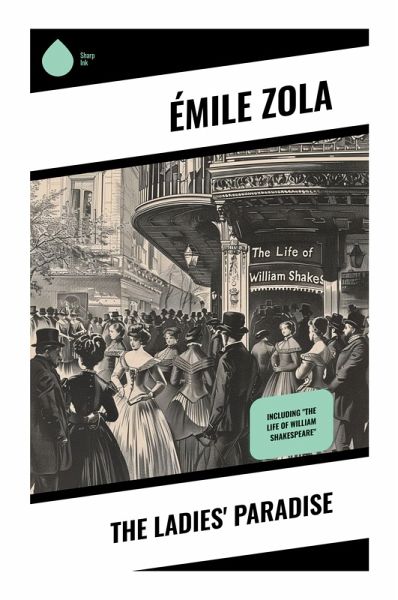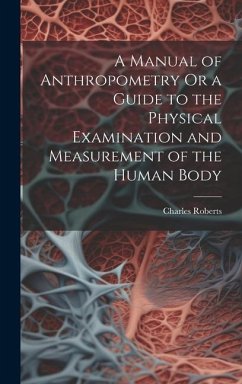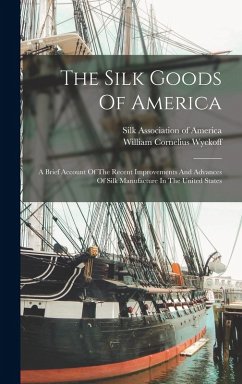
The Ladies' Paradise
Including "The Life of William Shakespeare"
Versandkostenfrei!
Versandfertig in 6-10 Tagen
16,30 €
inkl. MwSt.

PAYBACK Punkte
0 °P sammeln!
In "The Ladies' Paradise," Émile Zola intricately weaves a narrative set against the backdrop of the burgeoning Parisian department store culture in the late 19th century. Through the exploration of the rise of consumerism and the transformation of shopping into a spectacle, Zola employs his signature naturalistic style, marked by detailed descriptions and rich character development. The novel serves as both a critical commentary on capitalism and a vivid portrayal of gender roles, illustrating the impact of modernity on traditional values and social structures in an urban milieu. Zola, a pro...
In "The Ladies' Paradise," Émile Zola intricately weaves a narrative set against the backdrop of the burgeoning Parisian department store culture in the late 19th century. Through the exploration of the rise of consumerism and the transformation of shopping into a spectacle, Zola employs his signature naturalistic style, marked by detailed descriptions and rich character development. The novel serves as both a critical commentary on capitalism and a vivid portrayal of gender roles, illustrating the impact of modernity on traditional values and social structures in an urban milieu. Zola, a prominent figure in the naturalist movement and a keen observer of society, drew from his own experiences and the tumultuous economic climate of his time to craft this pioneering work. His dedication to realism and his interest in social issues stemmed from his foundational belief that literature should shed light on the human condition, illustrating the interplay of environment, biology, and personal choice. Zola's keen insights into the lives of the working class and the power dynamics of the capitalist marketplace are powerfully encapsulated in this novel. I highly recommend "The Ladies' Paradise" for those interested in the complexities of modern life and the societal shifts of the late 19th century. Zola's masterful storytelling and the vivid depiction of a pivotal period in consumer culture make this book an essential read for students and enthusiasts of literary naturalism, as well as anyone seeking to understand the roots of contemporary consumerist society.












